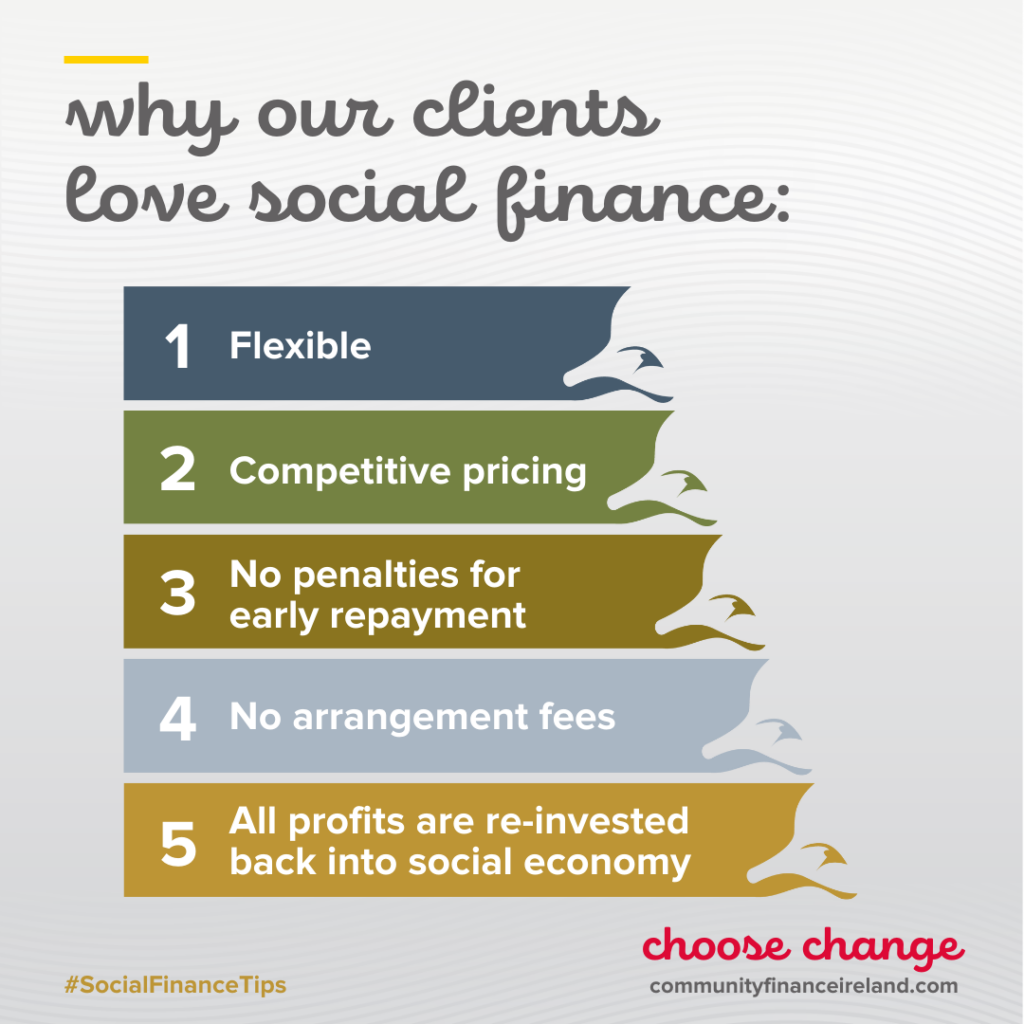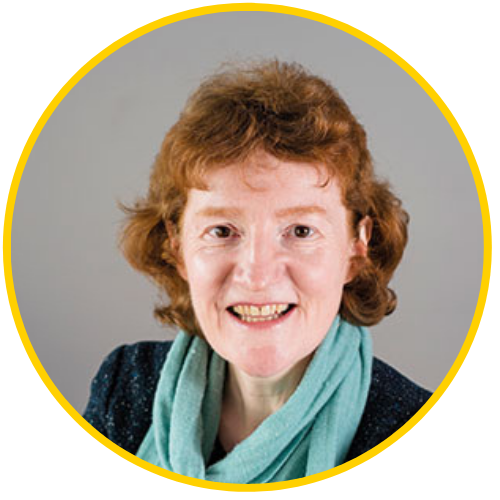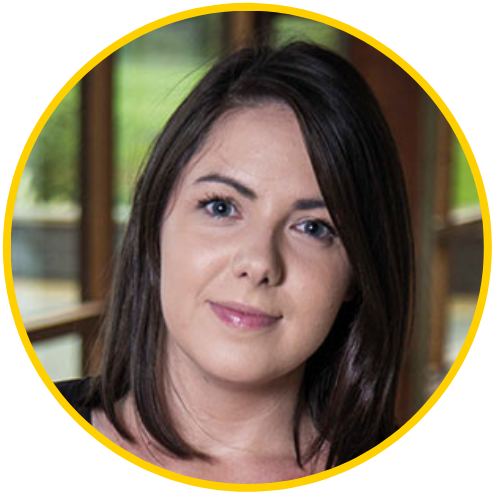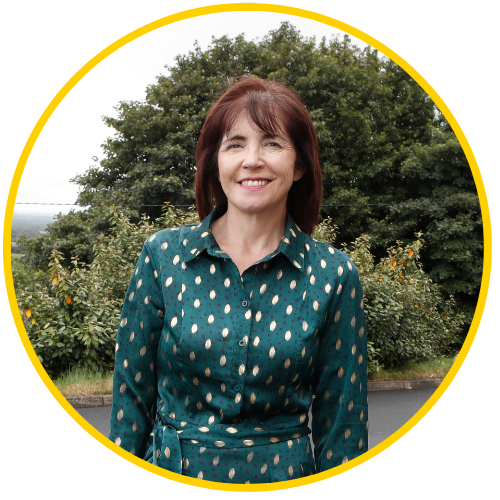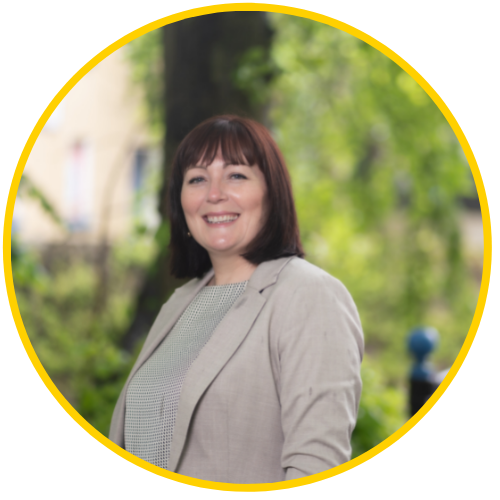The festive season is a time for reflection, for love and cheer, for making memories and spending quality time with family and friends. It is also a time for community and for charity.
The cost of living crisis continues to affect people across the island of Ireland, but also social enterprises and businesses striving to deliver social impact in the Community and Voluntary Sector.
As you contemplate your Christmas list this year, why not consider some of the gifts and activities that support social enterprises in your area? Delivered by volunteers and community champions, these home-grown experiences and products are great gift ideas, and will also deliver social impact to communities that are local to you in Connacht.
Here are just a few ideas for you to think about:


Ballinasloe Town Hall Theatre, Co. Galway
Ballinasloe Town Hall’s Christmas panto Cinderella is performed by local drama society B’Sloe Panto and marks their return to the stage for their first Christmas show since the Covid 19 Pandemic. Running from Monday 5th December to Sunday 11th December it’s sure to be a fun day out for all the family.
Tickets for this event are available online or from the ticket office at J&S Photos, Society Street, Ballinasloe.

The Glens Centre, Co. Leitrim
It has been two years since their last community Christmas show, but the Rabbit’s Riot Theatre Company are back with a new show written by Treasa Nealon, directed by Sonia Norris and produced by the Glens Centre.
The characters of Fairy-Tale Land TV Show are on strike! The prince is tired of rescuing the princesses, the villains are in dire need of some anger management and the step-mothers just want everyone to know how misunderstood they are! But Sarah is determined to get them on her screens, because otherwise she will have to spend more time with her family and less time on her phone.
Join her on her unexpected and magical journey through Fairy-Tale Land this December. With four shows running from 9th to 11th December, get your tickets now.

An Mheithal Comhshaol Co-Op, Co. Mayo
The award-winning An Mheitheal Rothar (AMR) are a social-sustainable enterprise based in Galway city who are rolling out an expanded service at their community workshop at NUI Galway and at their retail outlet in Galway Shopping Centre, thanks to recent investment from Community Finance Ireland.
Founded in 2012, An Mheitheal Rothar provides access to cycling and cycling mechanic skills training to people in Galway, regardless of their ability to pay. In 2018, the social enterprise introduced their award winning ‘Recycle Your Cycle’ initiative, which repairs and upcycles second-hand bikes.
Whether you want to view the latest range of bikes on offer or book your own bicycle in for a fine tune, visit their website for more info.
Christmas Competition
Community Finance Ireland have teamed up with Martin Hurls to offer a £100 voucher to spend on their wares. One lucky winner will win this in our Facebook Competition running in the lead up to Christmas. To be in with a chance of winning simply visit the Facebook post below and follow the instructions to be entered into the draw.
Spending your time and money in these venues and on these products not only helps deliver social impact but is an endorsement that, the local volunteers and committees’ efforts are valued.
#SocialTime is always a good time.















